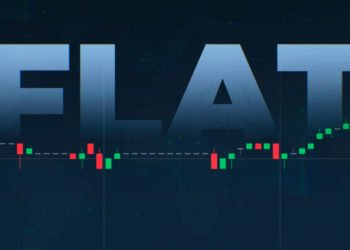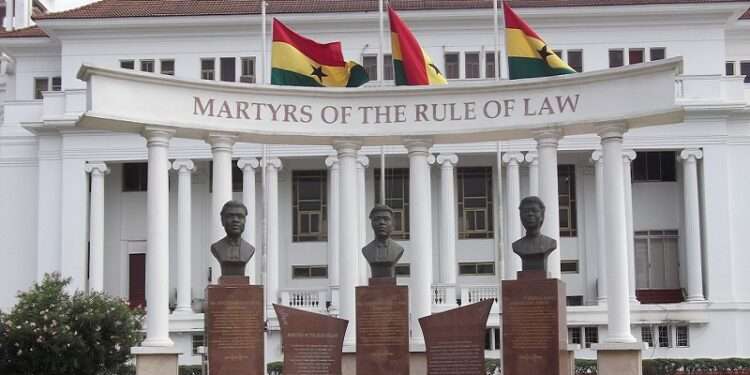The Government of Ghana has commenced the processes for the 2021 International Capital Market (ICM) Funding Programme.
Accordingly, the government expects to raise up to $5 billion. Last year, at the budget reading, the Finance minister said the government plans to source funding from the capital markets by issuing sovereign bonds.
Out of the total amount, US$1.5 billion is to support the 2021 budget, specifically, growth-oriented expenditures. Also, the remaining US$3.5 billion is for liability management of both Eurobonds and Domestic Bonds.
In a statement today, the Finance Ministry reveals that it is in the process of mandating 5 banks as lead managers under the programme. Notably, they are: Bank of America, Citi Bank, Rand Merchant Bank, Standard Chartered Bank and Standard Bank. Furthermore, the Ministry mentions that the ICM programme instruments consist of Eurobonds, Diaspora Bonds, Sustainable Bonds, and Syndicated/Bridge Loans.
“One of the key mandates for the Banks is to advise government on various alternative funding structures and options especially for the Eurobond, that would best fit Ghana’s funding requirements and provide the fiscal capacity to further support economic revitalization and recovery at this time”.
Ministry of Finance
Expert’s opinion on government’s borrowing from ICM
Moody’s, an international rating agency cautions that this decision to borrow predisposes the economy to exchange rate volatility and high interest costs. Consequently, this is because of risk exposures from price movements in the Ghana cedi against other foreign currencies. Hence, the government may have to pay more to finance its debt stock.
Also, Dr. Adu Owusu Sarkodie, an Economist and Lecturer with the University of Ghana has backed the governments decision. In an interview with the Vaultz News, he said he supports the government’s decision to borrow amid the pandemic. This is because of the economic challenges of COVID-19.
However, Dr. Sarkodie made it clear that he does not support borrowing after economic recovery. In addition, he went on to advise the government to make efficient use of the money to achieve the desired results.

Effect on the Private sector
Mr. David Tetteh, former Chief Executive Officer (CEO) of CAL Brokers mentions that government is shifting some of its borrowings to the foreign market. Therefore, this will reduce its tendency to crowd out the private sector’s access to loanable funds on the domestic market.
Also, at the budget presentation last year, the Finance Minister said the financial ecosystem is stronger. As such, it will facilitate credit and investment to the private sector.
Furthermore, he said various institutions have been established to support lending. For instance, the Ghana Incentive-based Risk Sharing System for Agricultural Lending (GIRSAL) is to facilitate lending to the Agricultural sector. Likewise, the Ghana Commodity Exchange (GCX) is to help modernize Agricultural transactions and provide security for farmers. Also, the Ghana Amalgamated Trust (GAT) is to support indigenous participation in the banking sector.
Finally, the National Development Bank, which is a wholesale bank is to further support financial institutions, the Finance Minister disclosed.





















